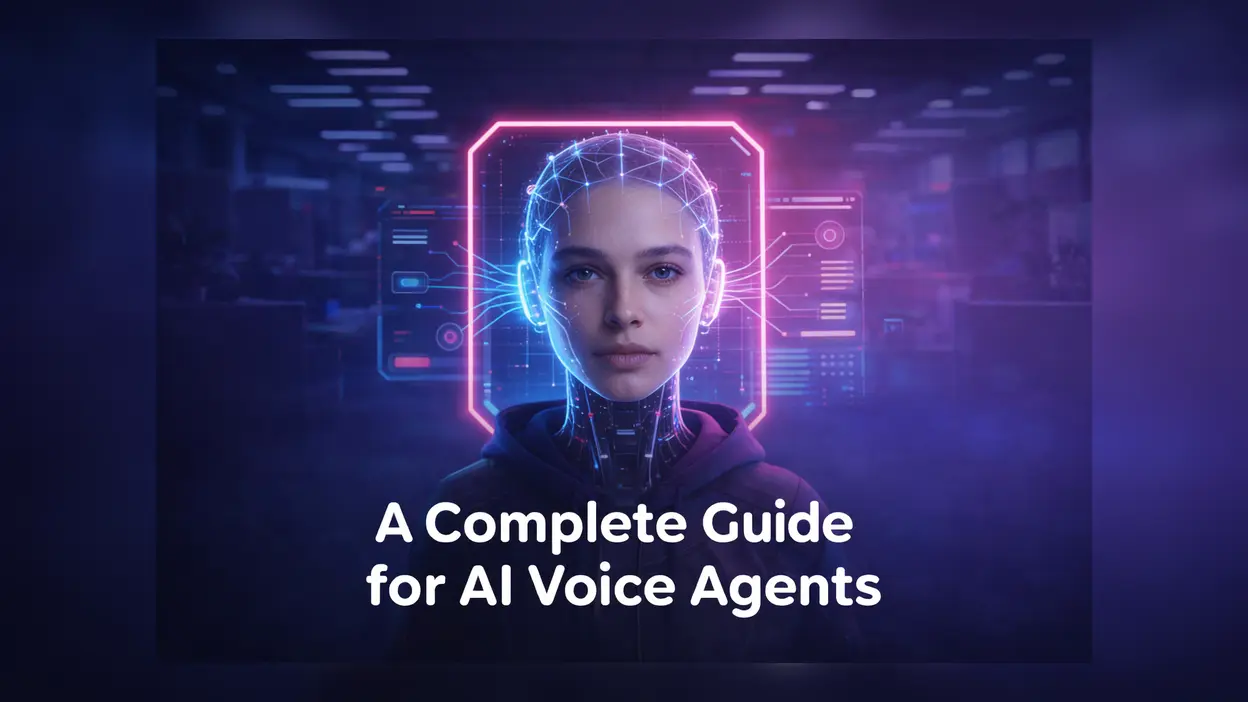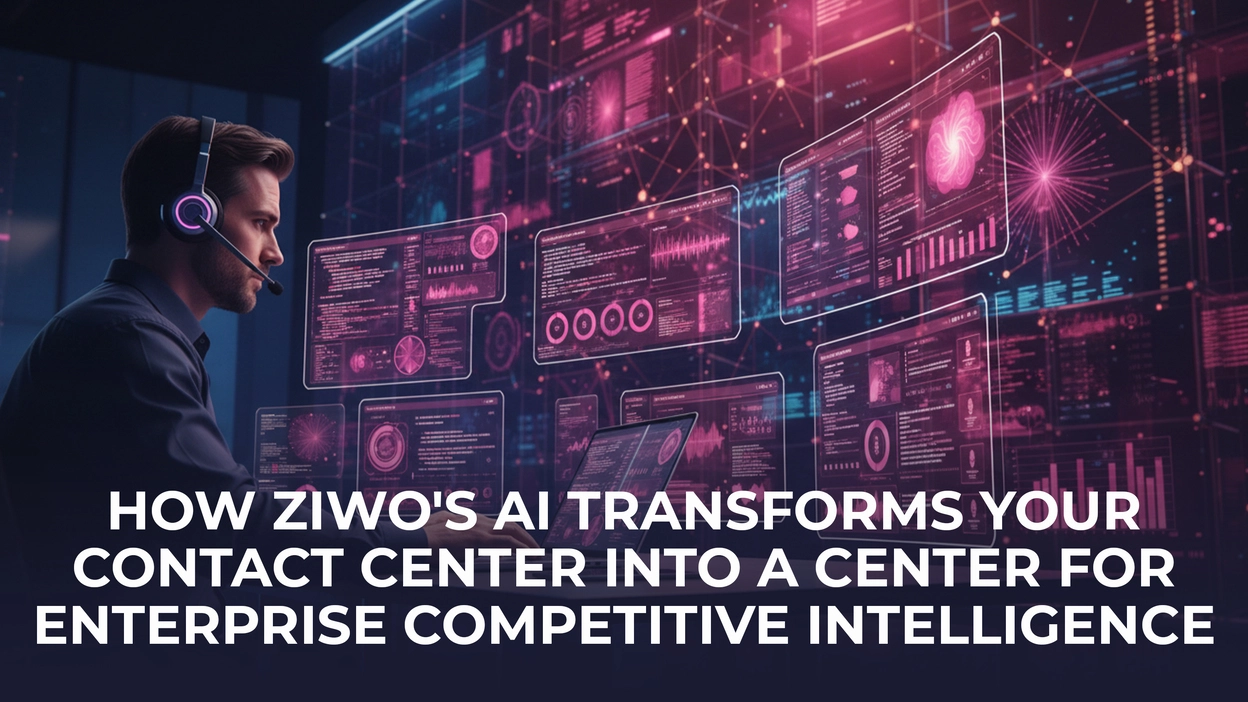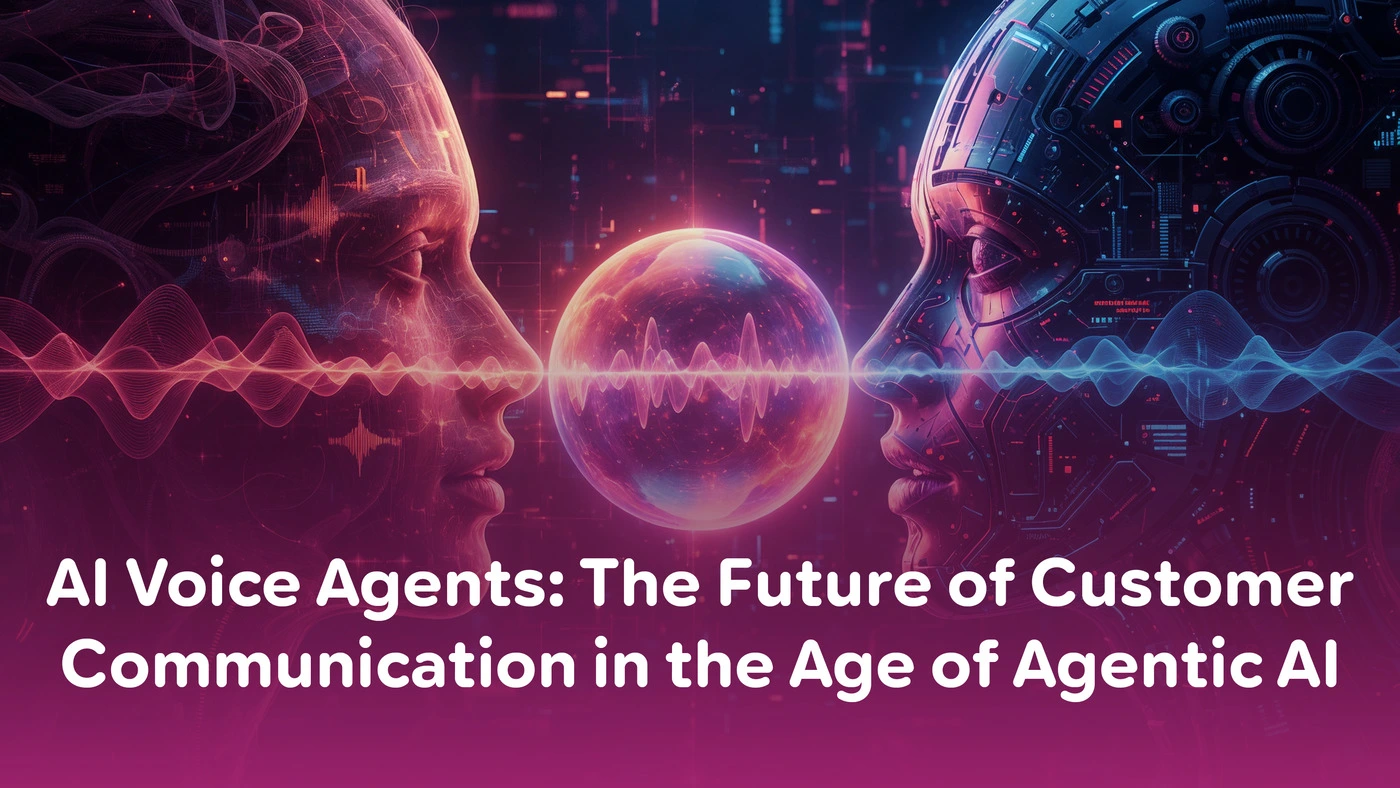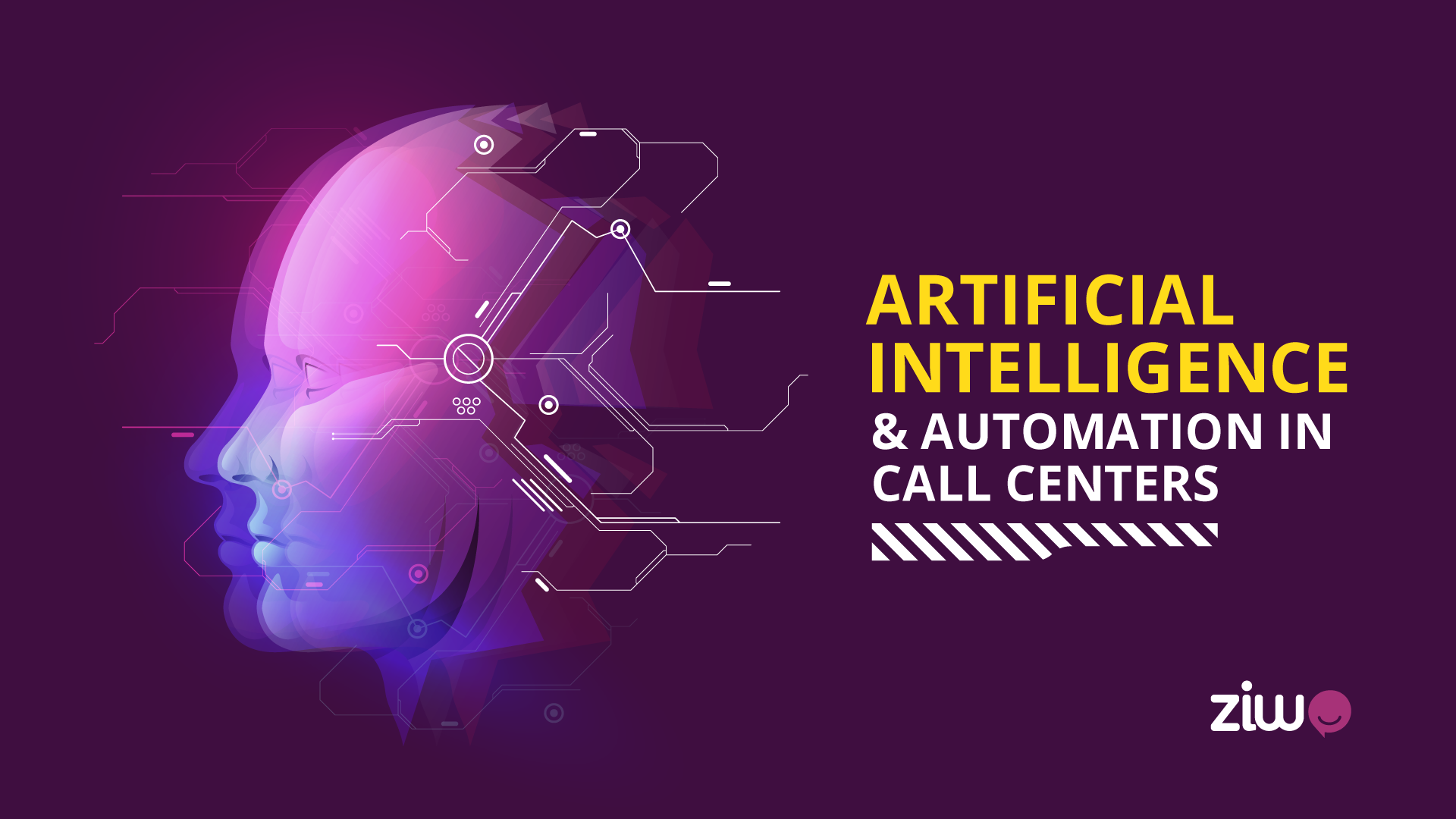
Why Companies Should Use Artificial Intelligence in Call Centers?
Machine learning of neural networks in Call centers is used to solve various problems. Artificial Intelligence (AI) is able to convert telephone conversations into text, recognize customer emotions, and instantly provide information on typical requests without the involvement of an agent. With these services, Call Centers can decrypt more information, analyze the received data (for example, sort calls by date or agent’s last name), and convert them into reports.
One of the tasks of machine learning of neural networks is to automate the development and modification of strategies for conducting dialogues between the agent and the client. This algorithm will help reduce the number of employees in companies and make the communication process faster and more accurate.
Reaction to AI
The reaction of society to communicating with AI is ambiguous: some users react positively to the capabilities of neural networks, while others have doubts about them. That is why in most cases clients prefer to solve complex requests with the help of specialists. Today, AI will not be able to completely oust agents from Call-centers, because neural networks are capable of performing only narrow applied tasks.
The standard level of service of Call-centers assumes that agents will be able to answer 80% of calls within 20 seconds. If the response time increases, it makes sense for the company to hire additional agents to increase productivity or take into account that AI can handle more calls in less time, while doing better work, because the new agent still needs to be trained on given topics, which, in turn, takes a certain amount of time.
The faster and better the problems of customers are solved, the higher their loyalty to this company will be. There are many criteria for evaluating the parameters that determine the effectiveness of Call-centers. One of them is the number of successfully completed customer cases. It is believed that 80 to 90% of applications processed using neural networks are an indicator of the effective integration of AI into the Call Center.
How artificial intelligence is changing the work of call center agents
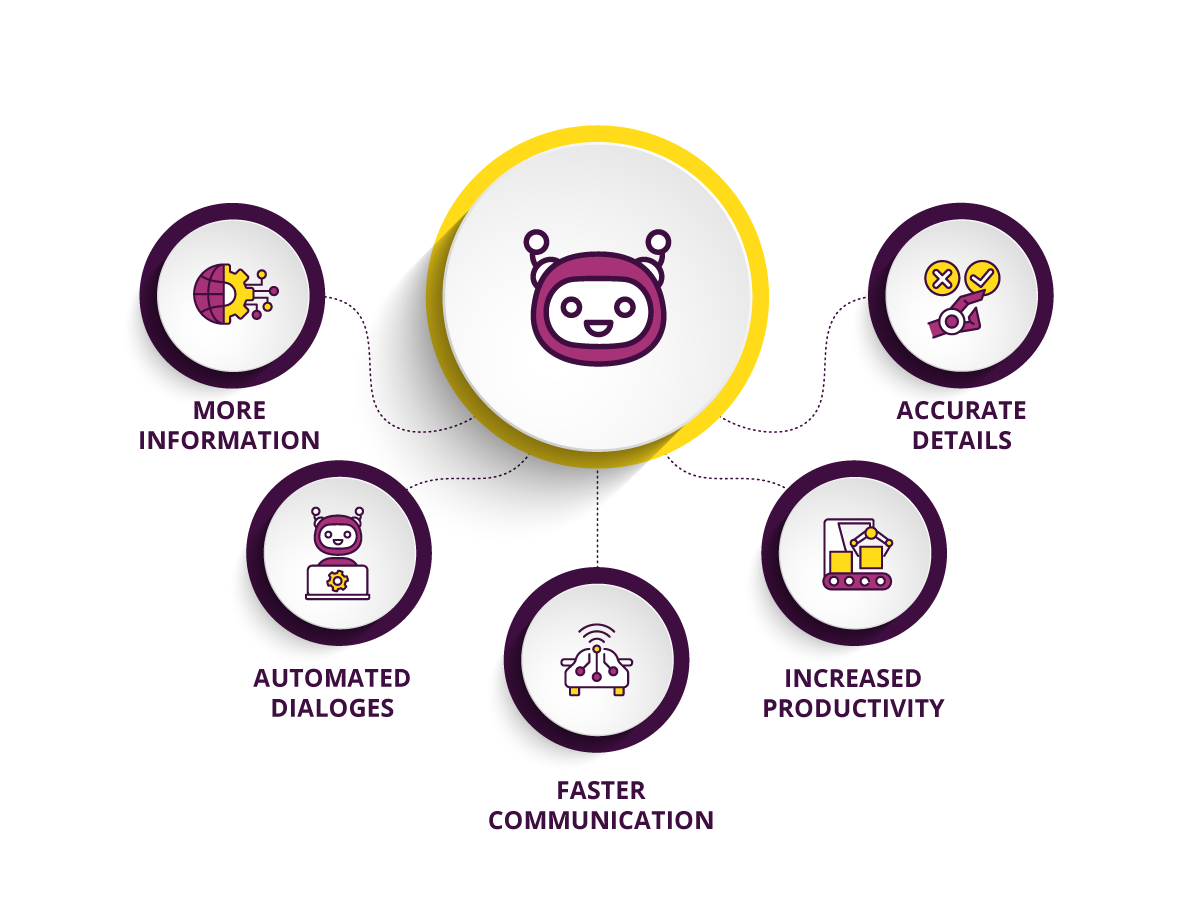 The integration of artificial intelligence into the work of the contact center is no different from the use of other technologies. When introducing AI, the human factor cannot be excluded. It is necessary to assess how the new technology will affect the staff, and competently “embed” it into everyday work.
The integration of artificial intelligence into the work of the contact center is no different from the use of other technologies. When introducing AI, the human factor cannot be excluded. It is necessary to assess how the new technology will affect the staff, and competently “embed” it into everyday work.
The better your employees are prepared to work with the new system, the more results you can achieve when using it. It is important to help agents get comfortable with changes in workflows and to solve problems that arise as they learn about unfamiliar technology.
Some people fear that bots will replace their jobs by handling daily tasks and that automatic systems will deteriorate the quality of customer service and harm trust-based relationships. Managers may feel like they will be under constant surveillance after the introduction of AI. They will have to face the fact that bots will give real-time performance feedback when interacting with customers.
All these fears arise from the fact that people are not very fond of change. But if you understand how AI will affect the work of agents, you will draw up a detailed plan for training employees. The main thing is to explain to managers that the new technology will make their life easier, not harder.
In this article, we’ll share tips to help you create an effective change management plan as part of your call center AI strategy.
How artificial intelligence is transforming contact centers?
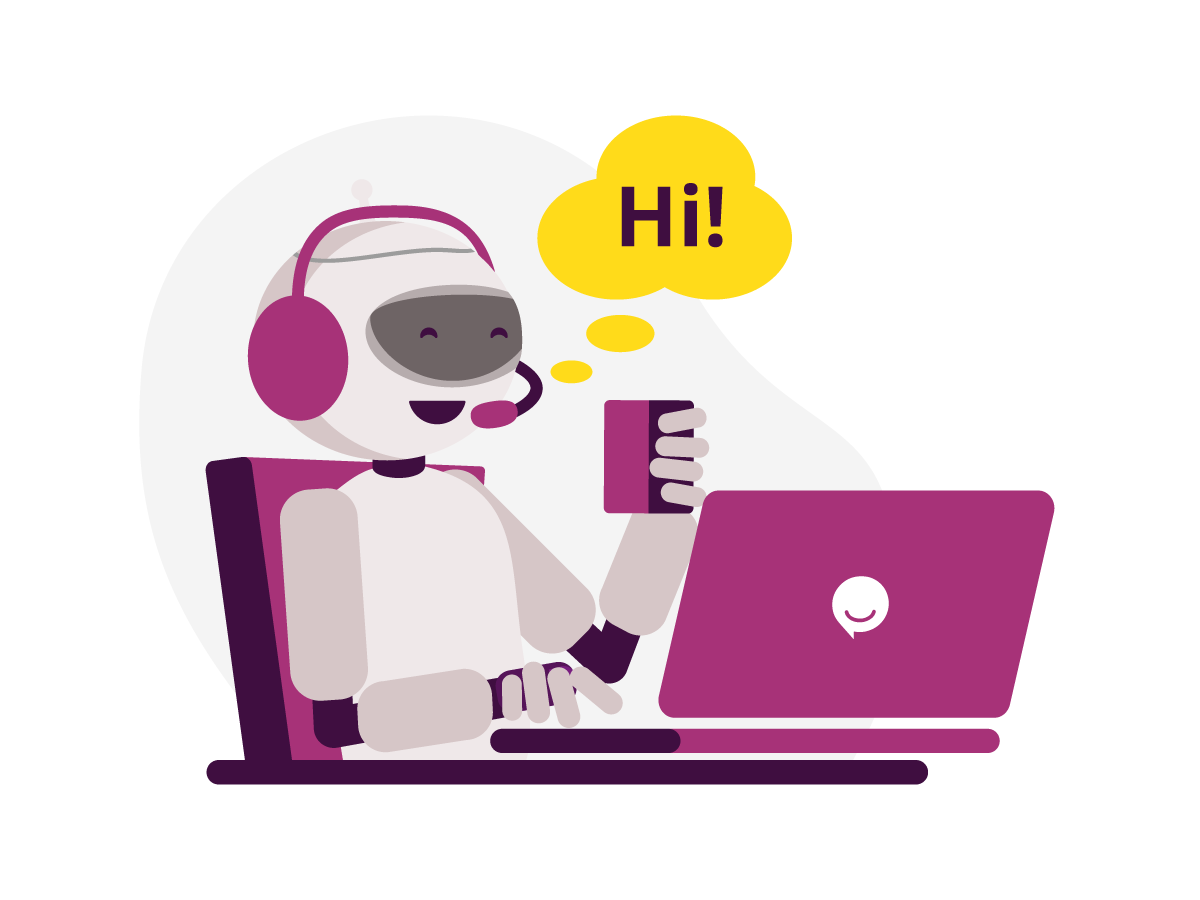
Artificial Intelligence has a wide range of possibilities beyond just bots, which are still a significant AI solution. By integrating smart technology into ACD systems, IVR, and HR software, you will enable the following benefits:
Manage interactions with subscribers and between employees of the company.
Predict the volume of incoming calls, and the workload of staff.
Build a customer service system.
Analyze agent performance.
Let’s take a closer look at some of these possibilities.
Real-Time Interaction Guide, Interaction Analytics, Intelligent Routing, Automated Assistants
With this feature, you will be able to instruct agents directly at the moment of communication with customers.
When a call comes in, the system automatically measures the subscriber’s mood and evaluates the agent’s behavior in real-time. It provides statistically validated tips to help improve customer satisfaction. Giving feedback right at the moment of contact, and not after a few days, it will positively influence the course of the conversation and help the employee to increase the effectiveness of his work.
Interaction Analytics
Artificial intelligence quickly analyzes a large amount of data and identifies patterns in different areas of work.
The interaction analytics tool explores every contact across every channel in near real time. Thanks to it, the system identifies call drivers, current topics, compliance issues, emerging issues, customer sentiment, and much more.
Using this feature, you will be able to:
Make decisions based on structured data.
Solve problems promptly.
Create and improve work plans.
Reward agents based on customer satisfaction scores.
Intelligent Routing
This feature helps optimize client-agent interaction routing. It accesses the corporate database, which contains all the information about consumers. Based on this information, the system creates profiles for incoming calls.
When the call center receives an appeal, the program automatically determines which profile it belongs to. It then compares this information with data about managers who have previously successfully serviced calls of this type and connects the subscriber with a specialist of the appropriate qualification.
This approach takes contact processing to a new level. As clients connect with agents, the experience becomes more personalized by considering each employee’s personal and communication skills.
Automated Assistants
AI-powered assistant apps help agents handle customer interactions efficiently.
Smart systems can listen to and interpret conversations between managers and subscribers. Based on these options, automated assistants can perform the following tasks:
Get articles from the knowledge base.
Recommend the next step during the conversation using scripts.
Schedule meetings or negotiations with clients.
Automatically fill out contact forms.
These features will help novice agents to successfully cope with work tasks. They will reduce the processing time of requests, and increase the efficiency of resolving first contacts. Managers will be able to spend more time communicating and building trust with customers and less time on internal processes.
Bots and Conversational IVR
Neuro-Linguistic Programming (NLP) is one of the advanced features of artificial intelligence. NLP allows the software to understand and also interpret human speech and respond to people in conversations.
This tool is used in bots and IVR for customer self-service, and agents can collect information about subscribers through it. An improved self-service system will reduce the burden on managers. Because they do not have to spend time processing simple, typical requests.
>
>
>
>
>
